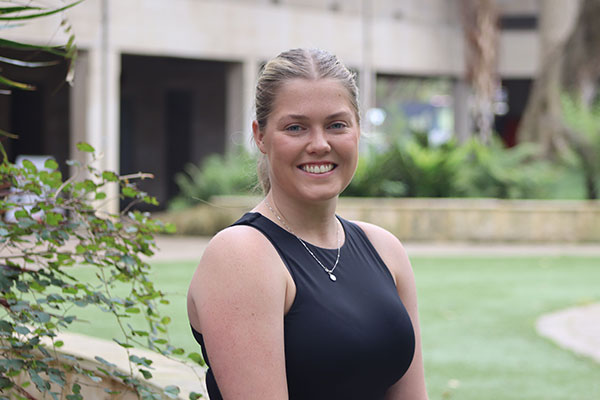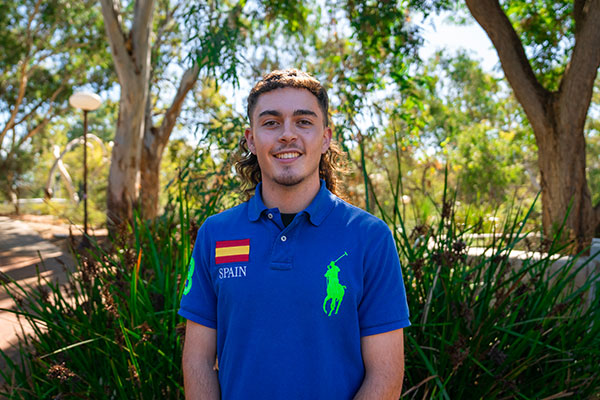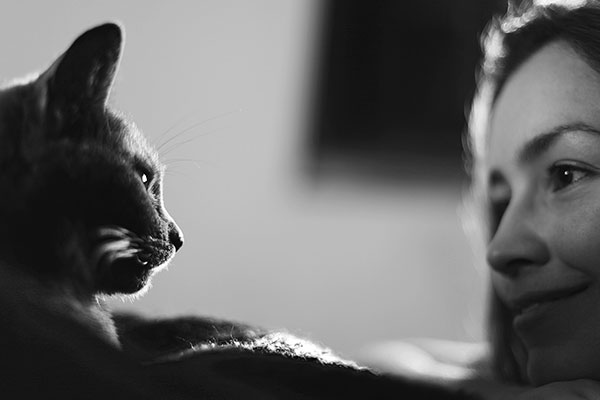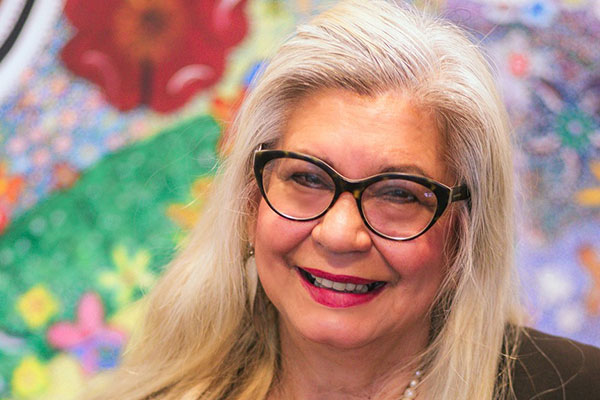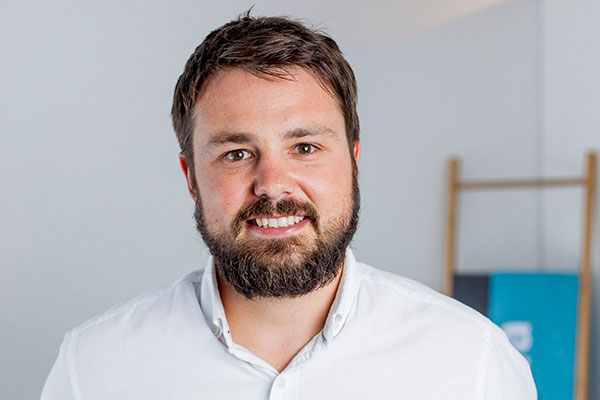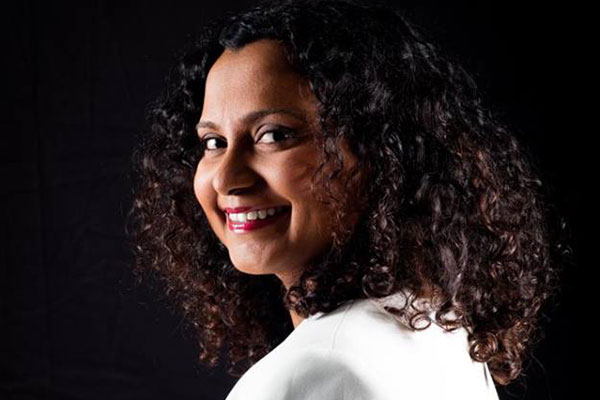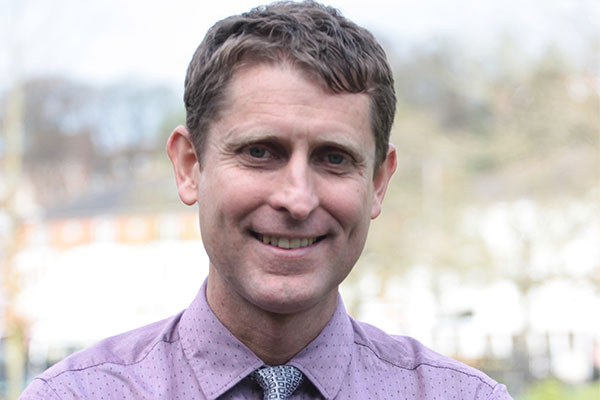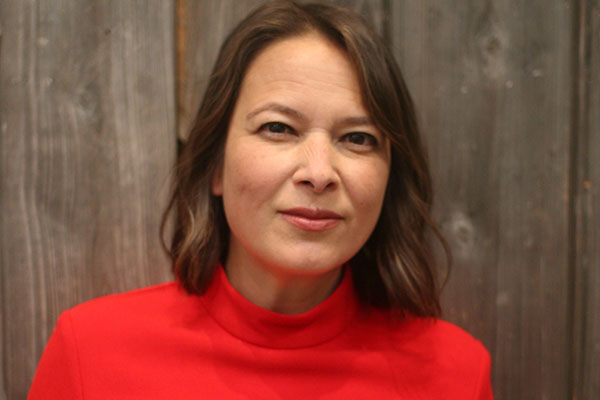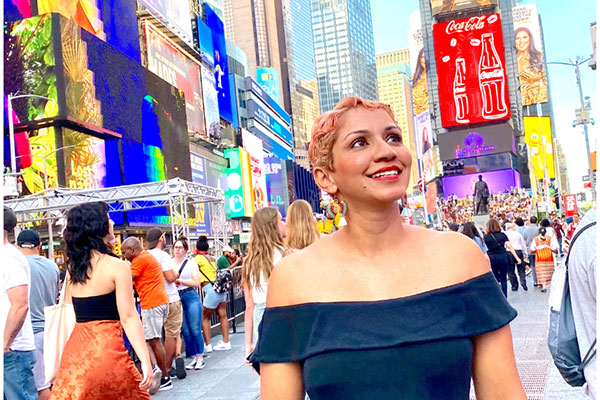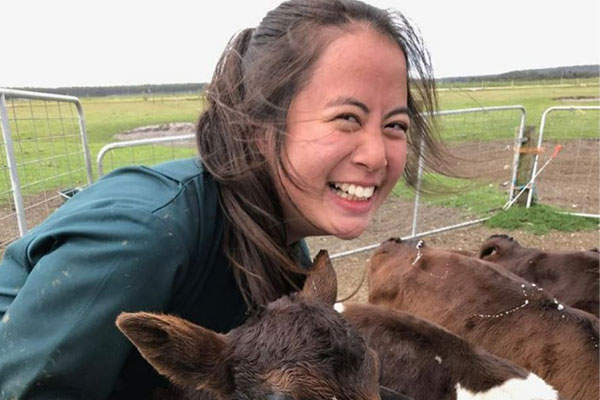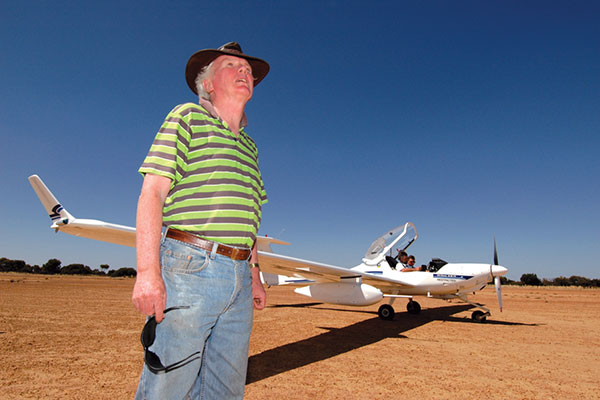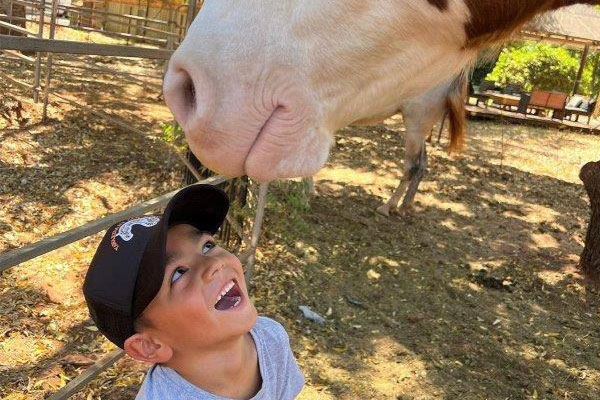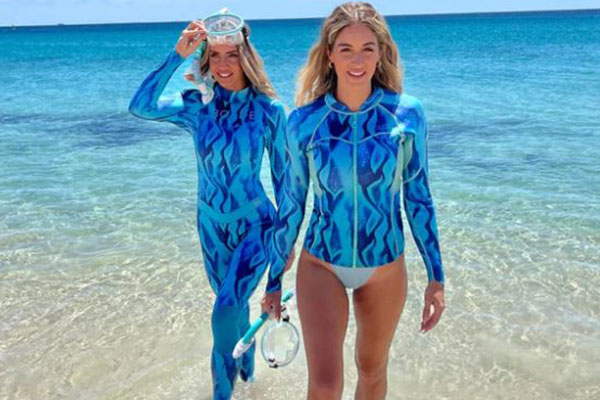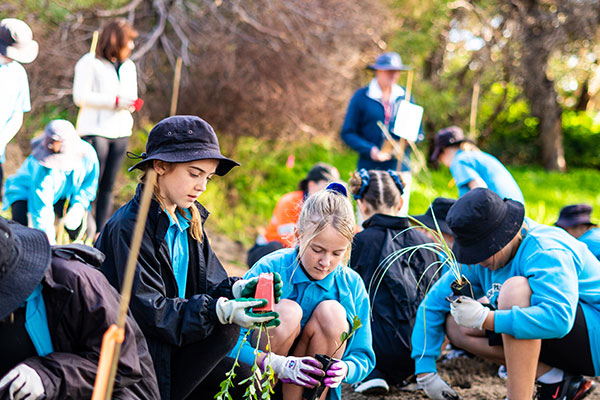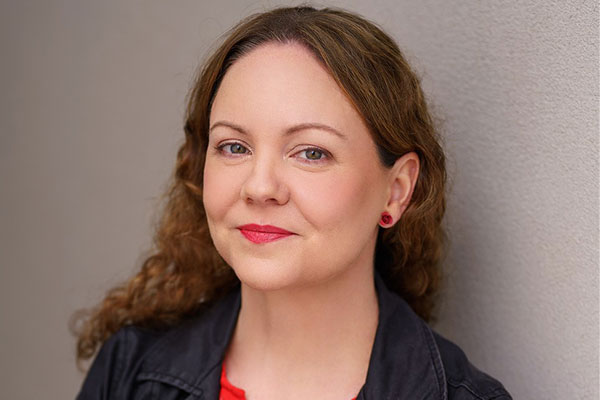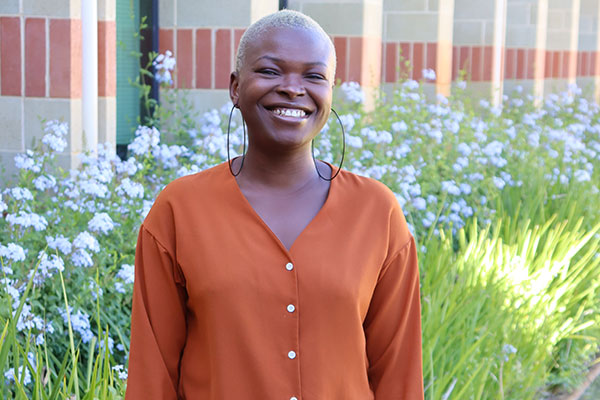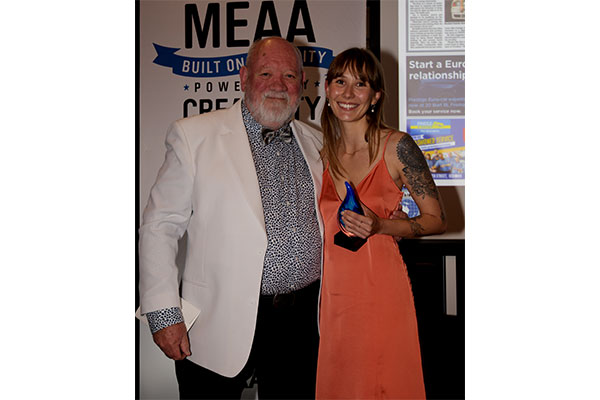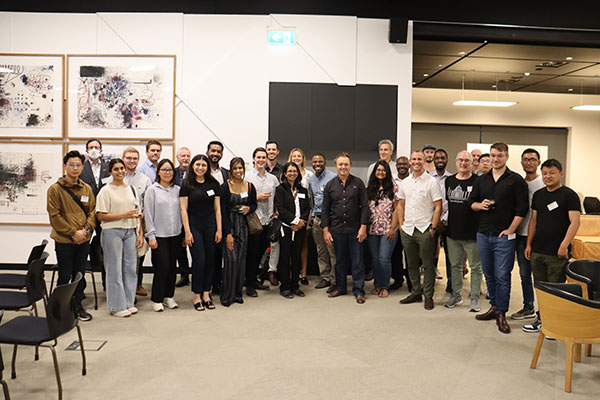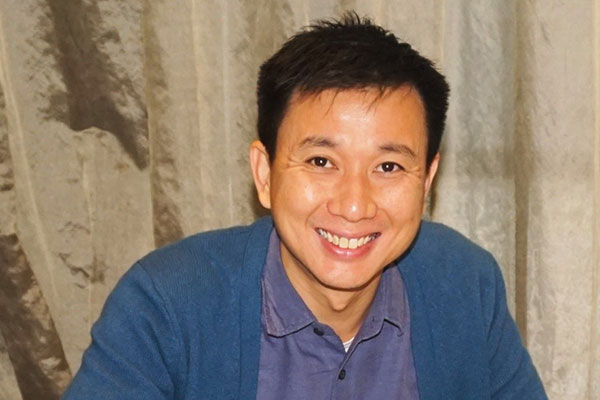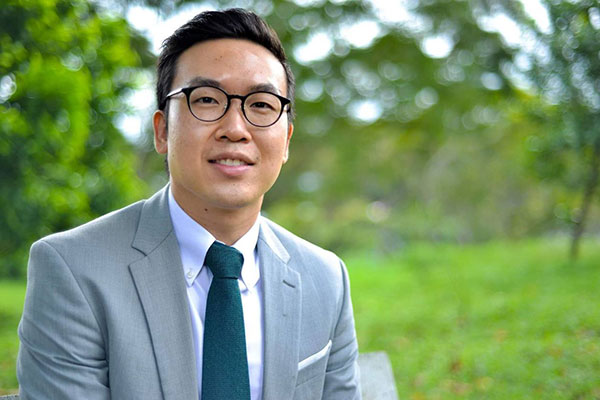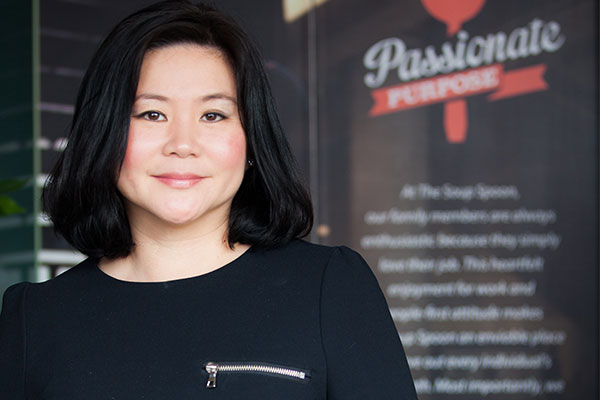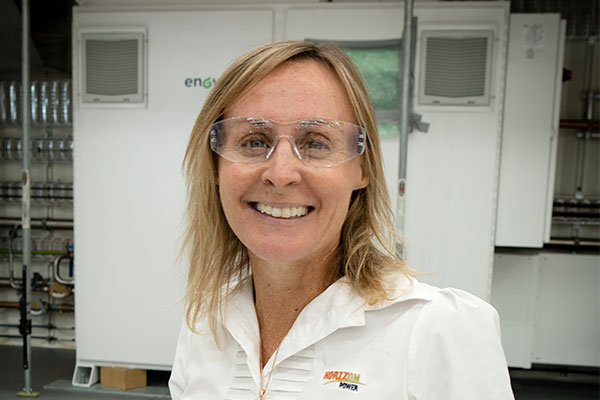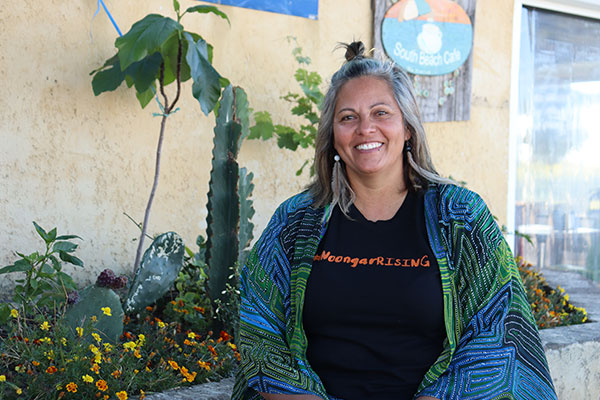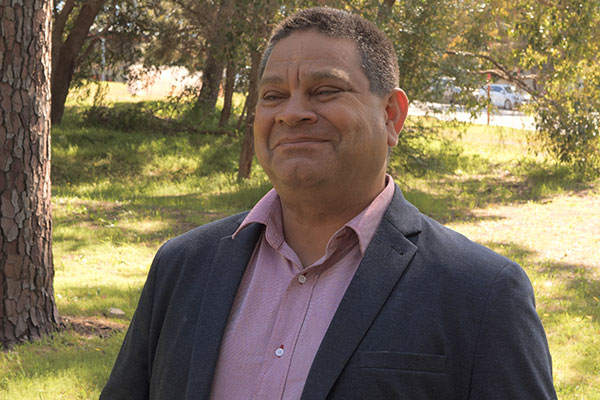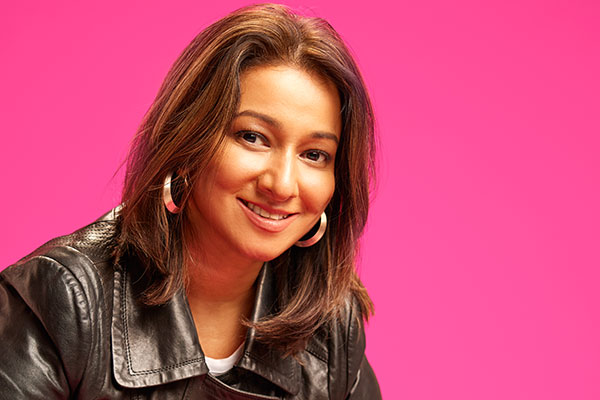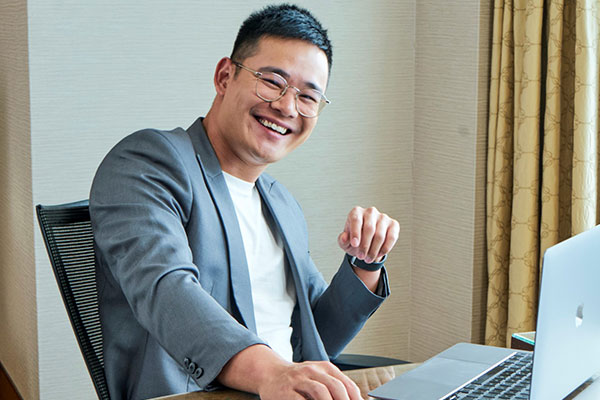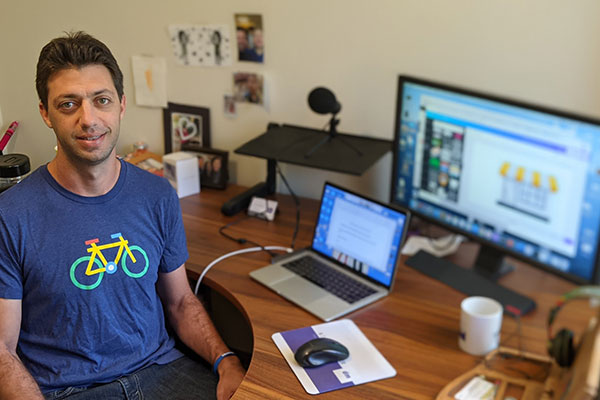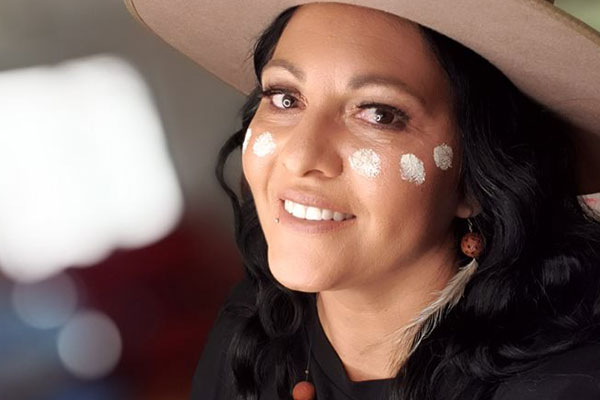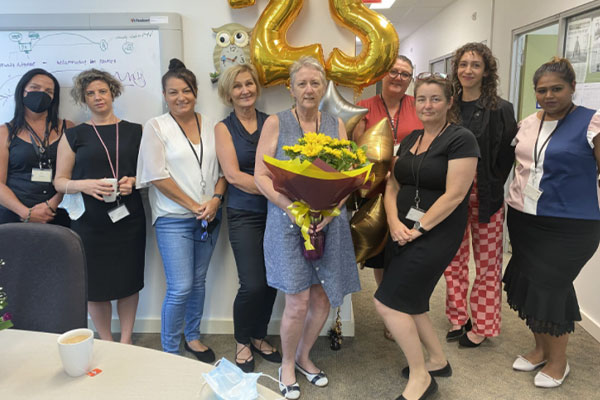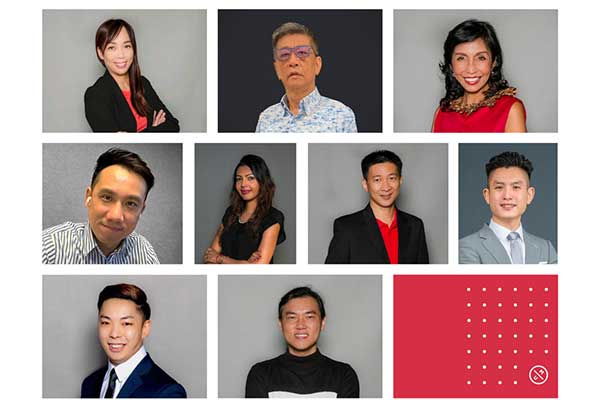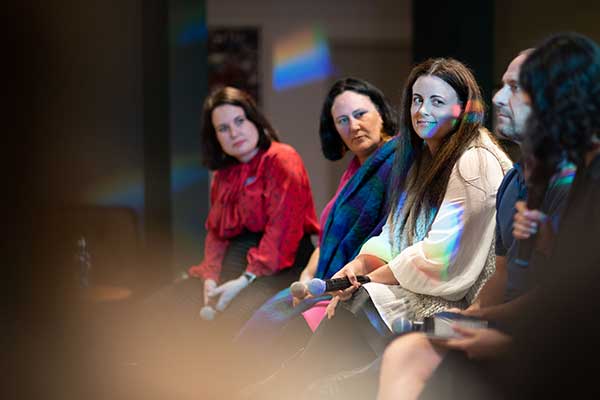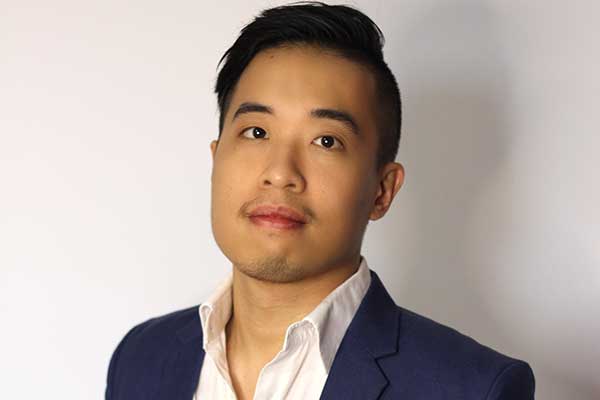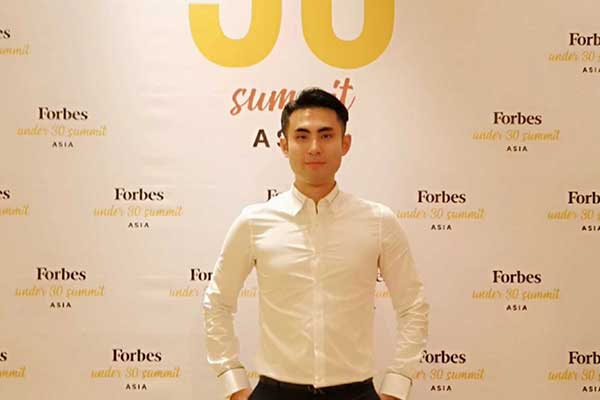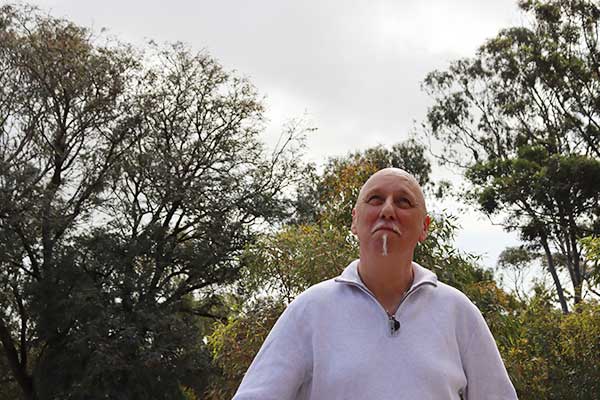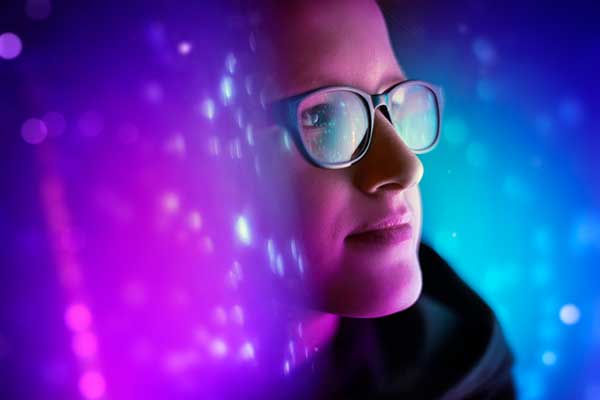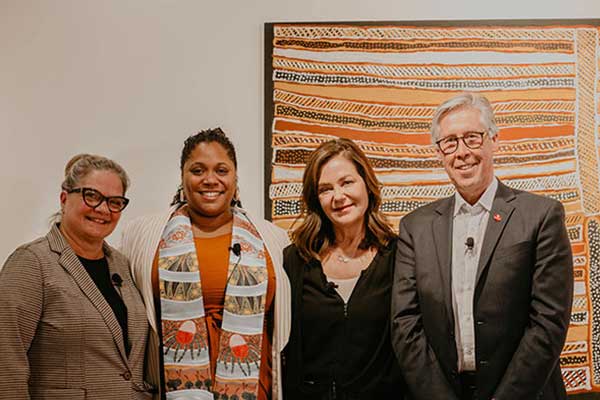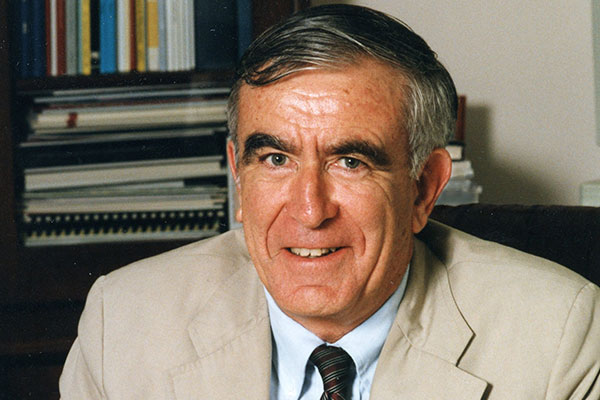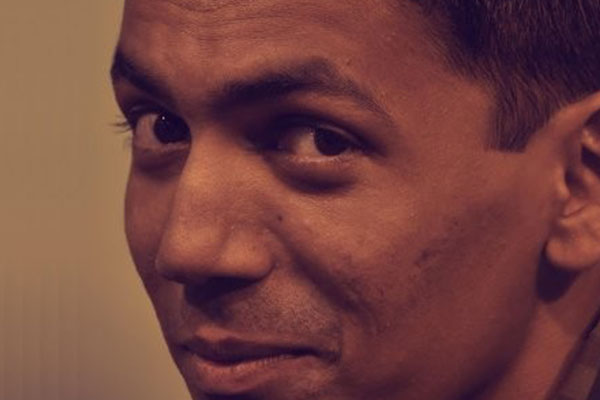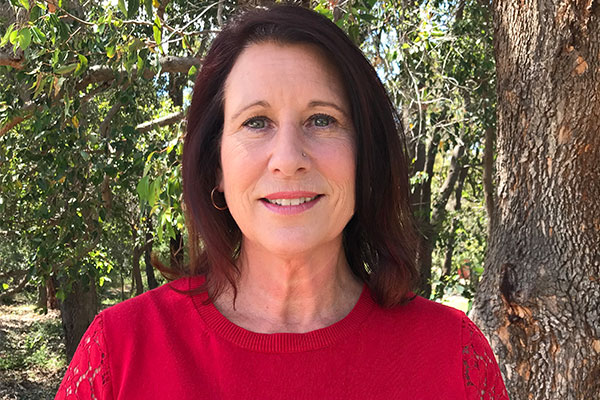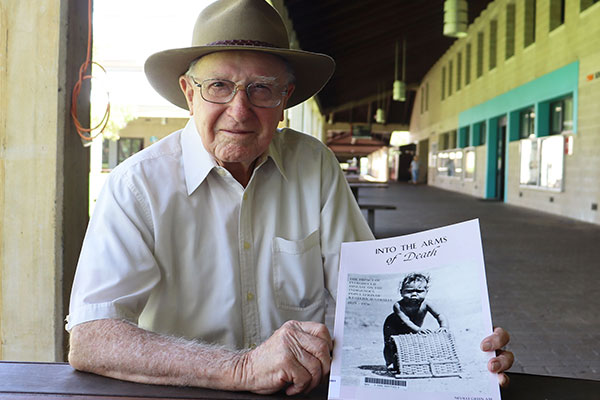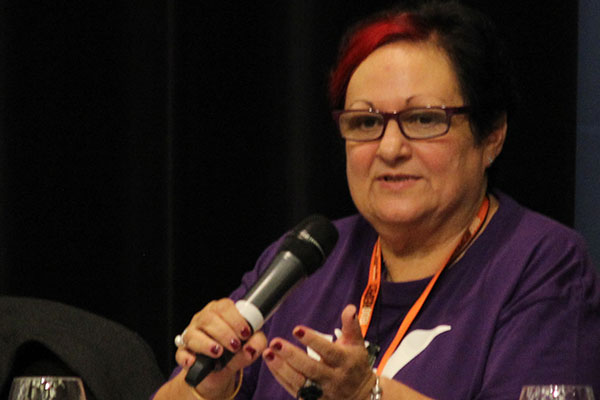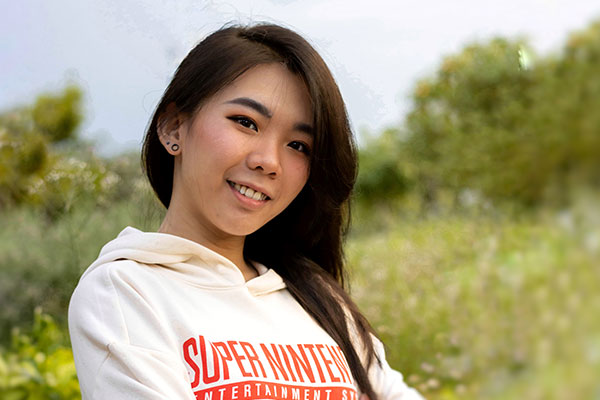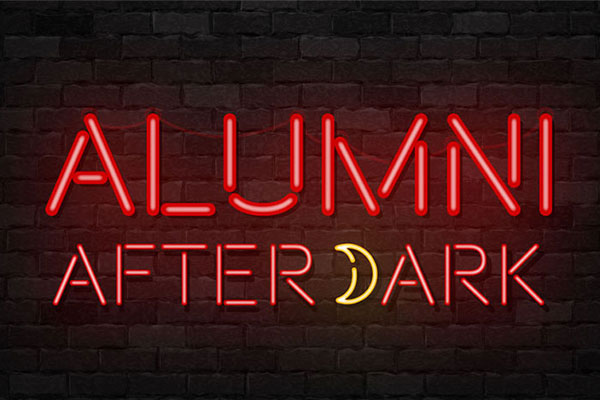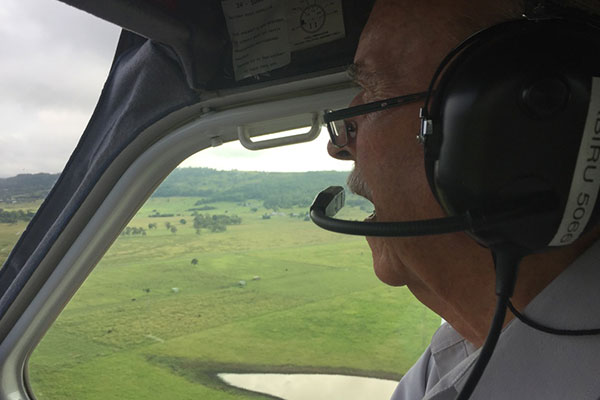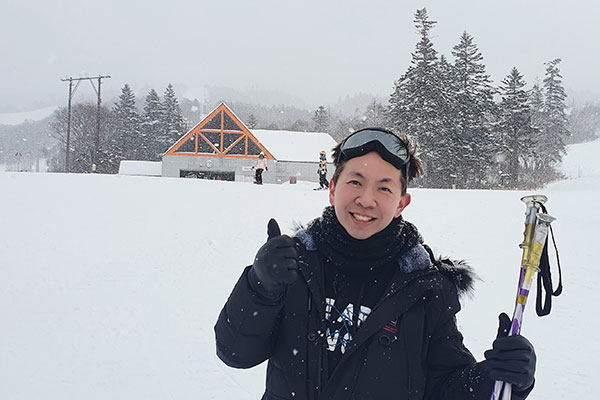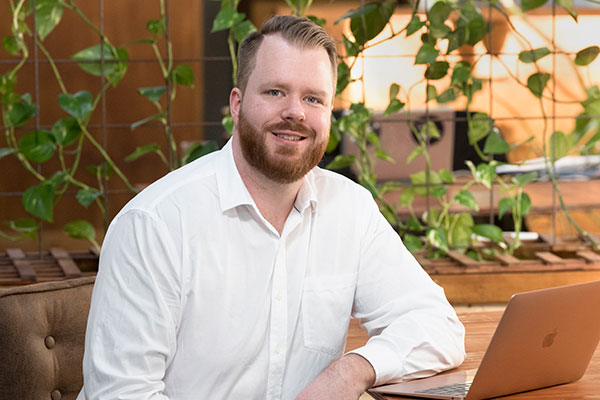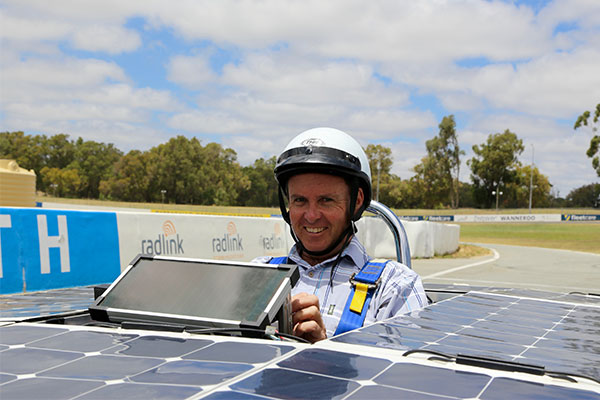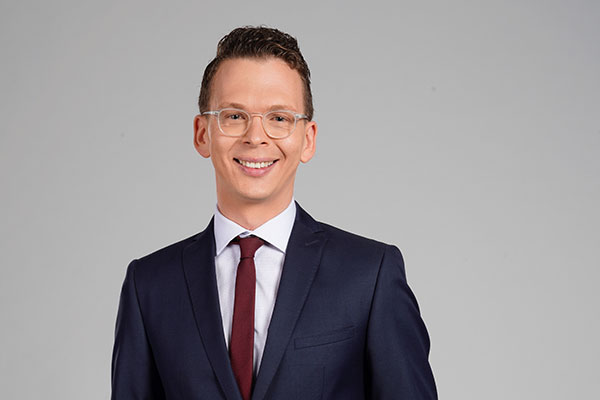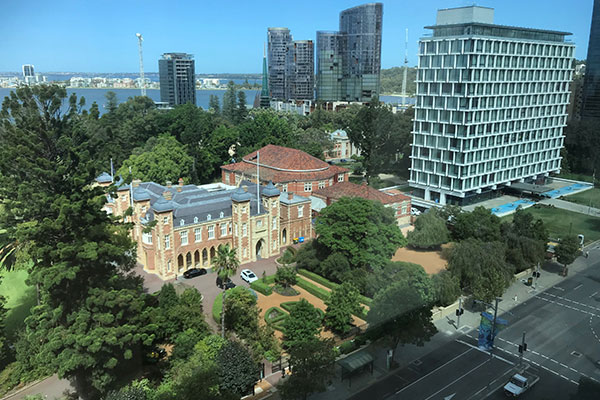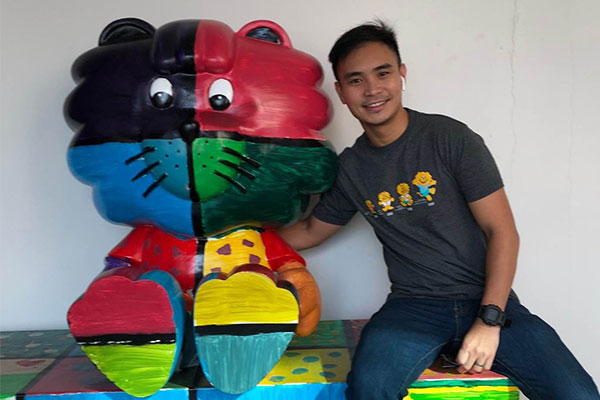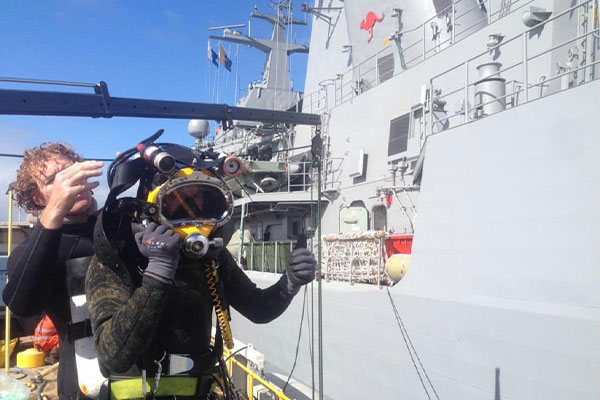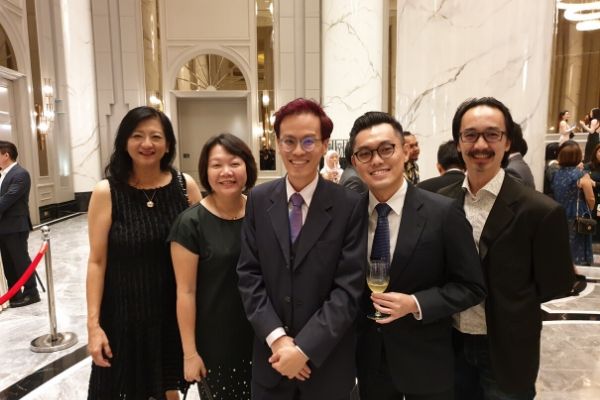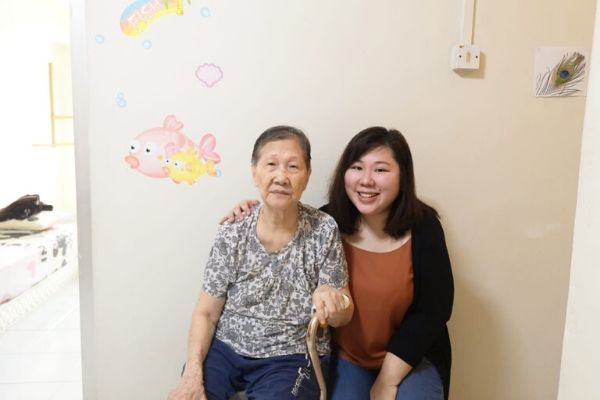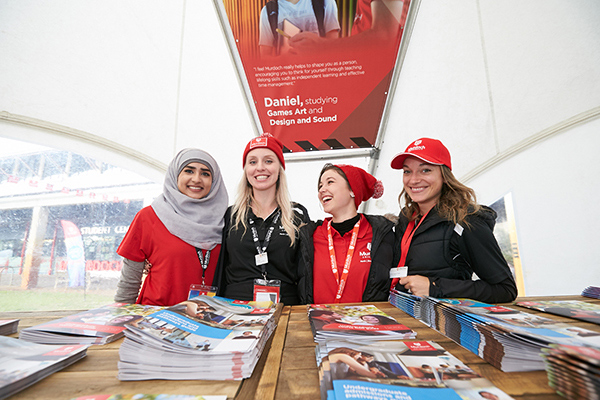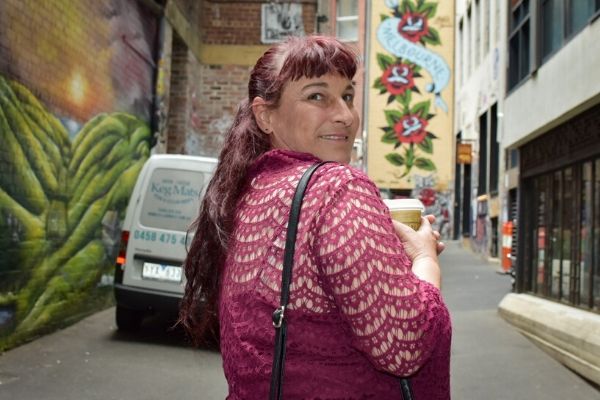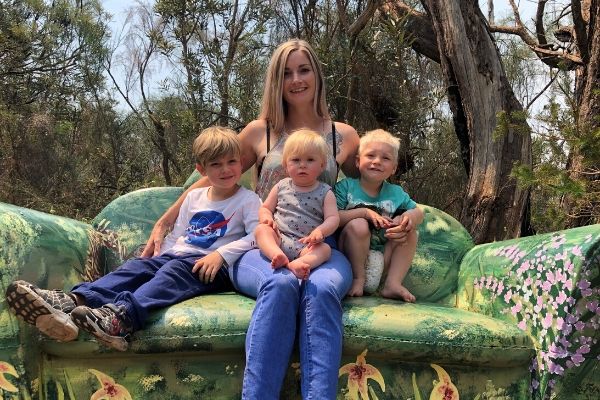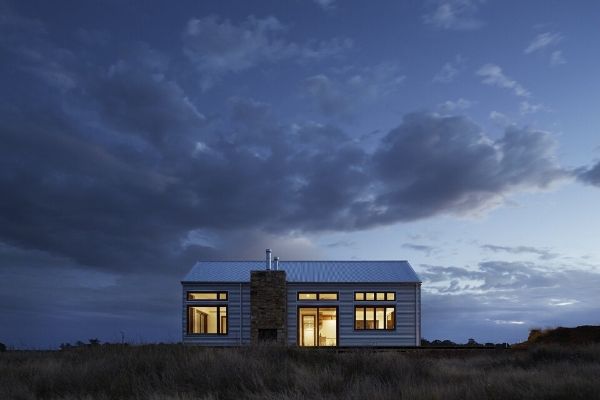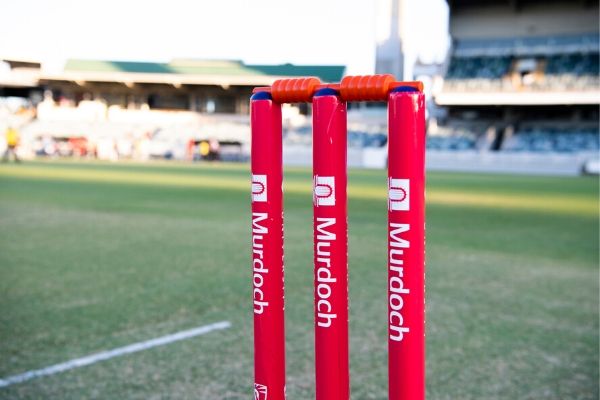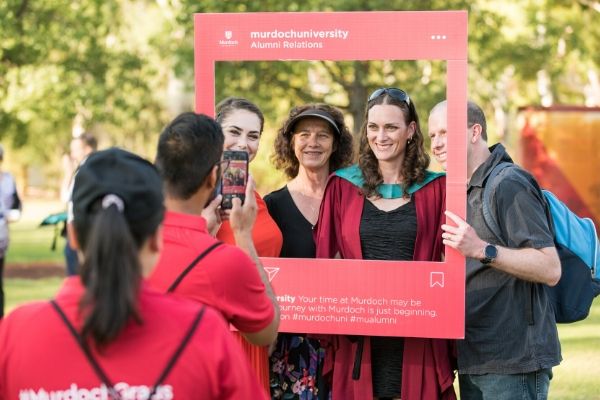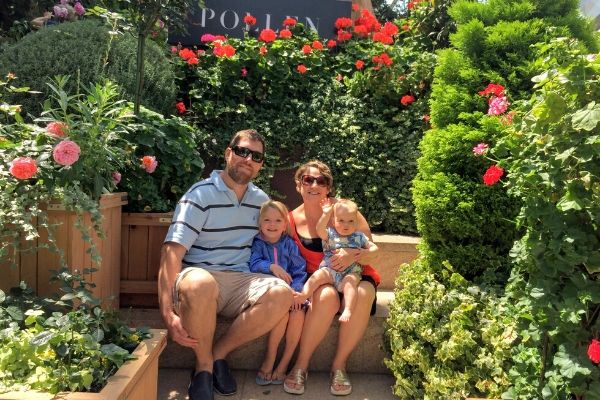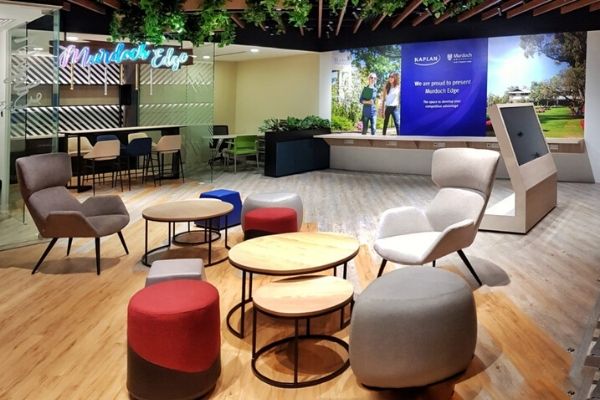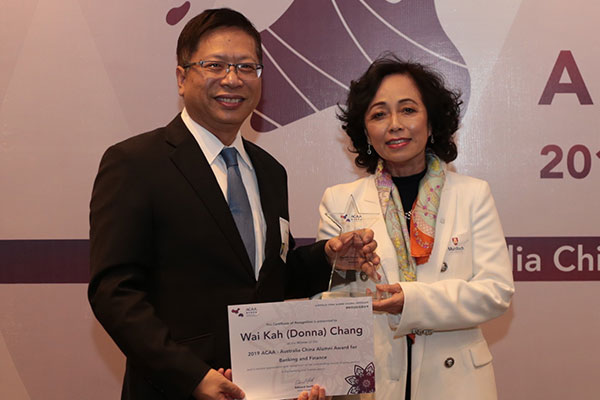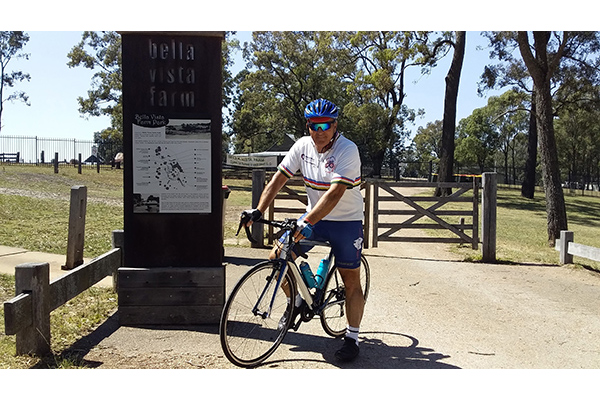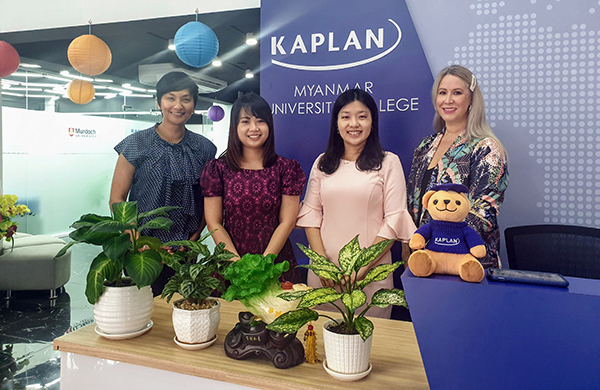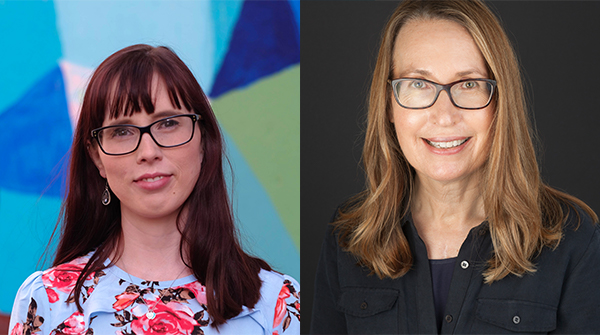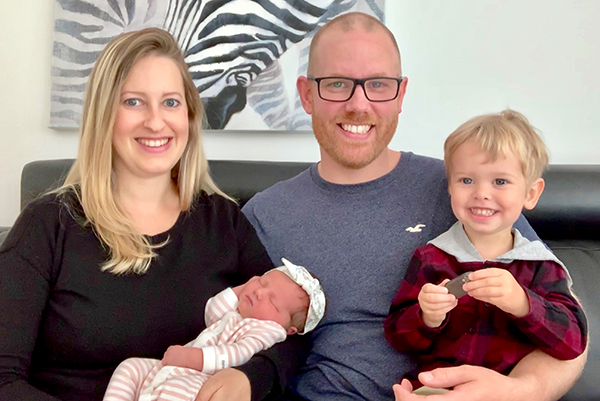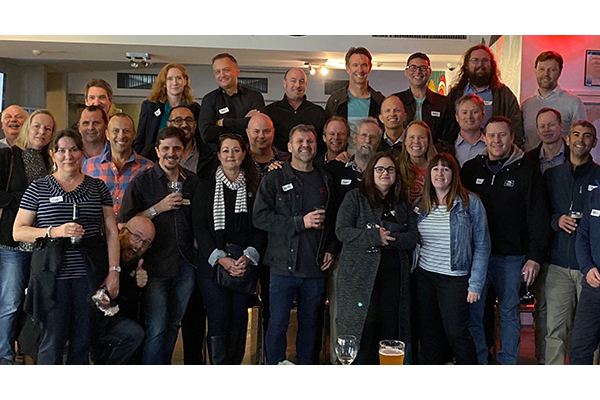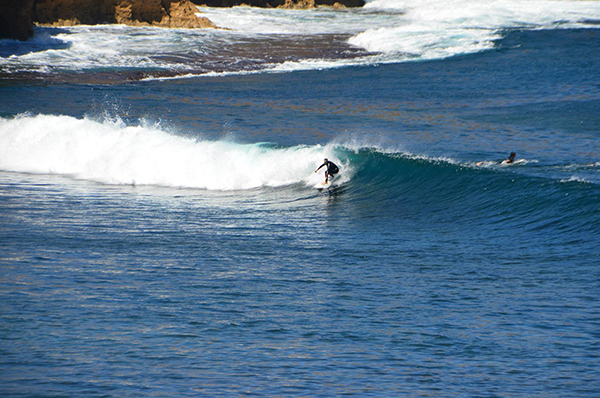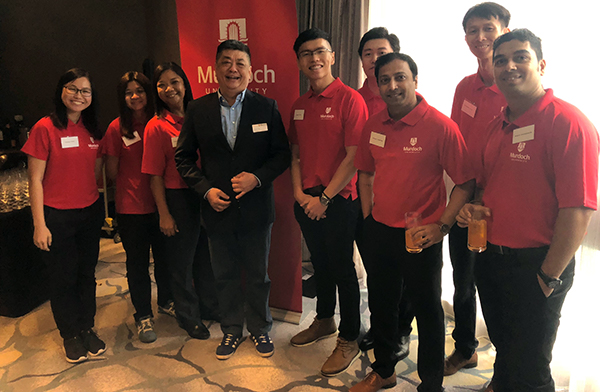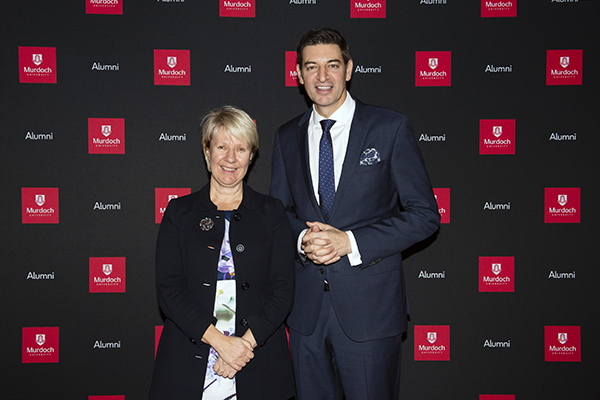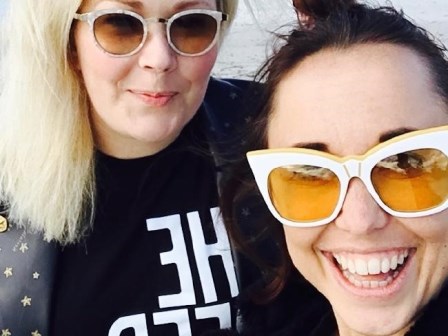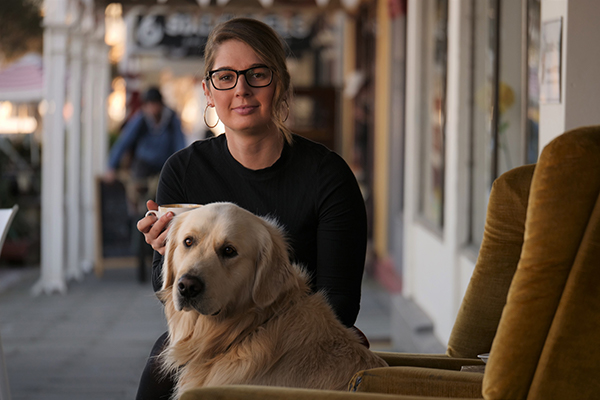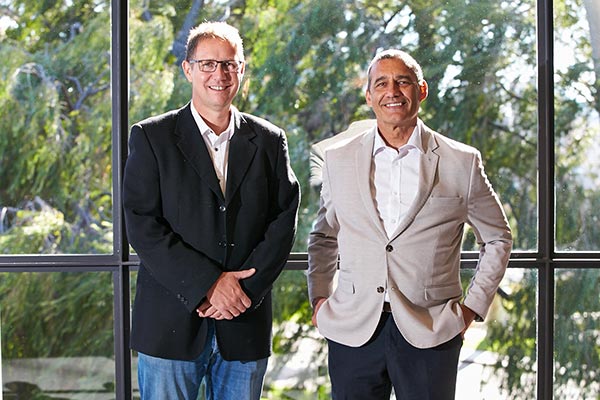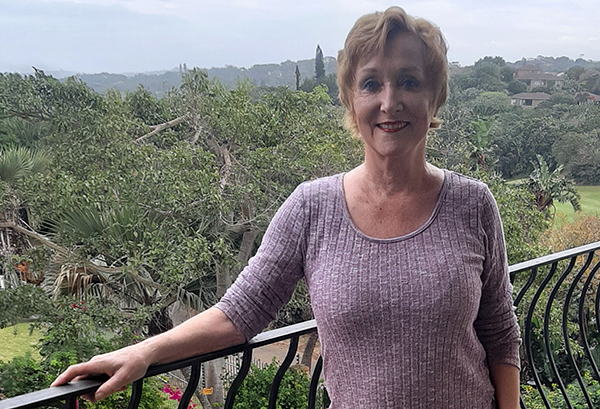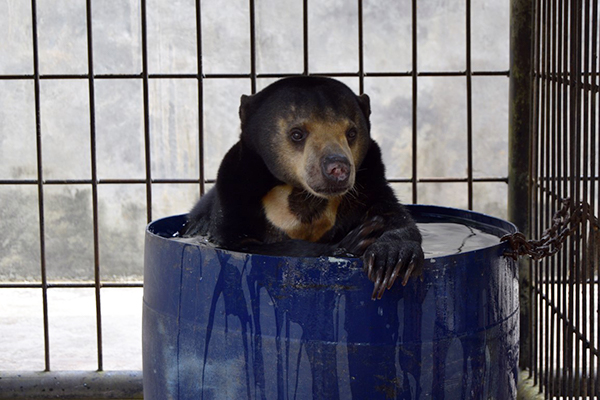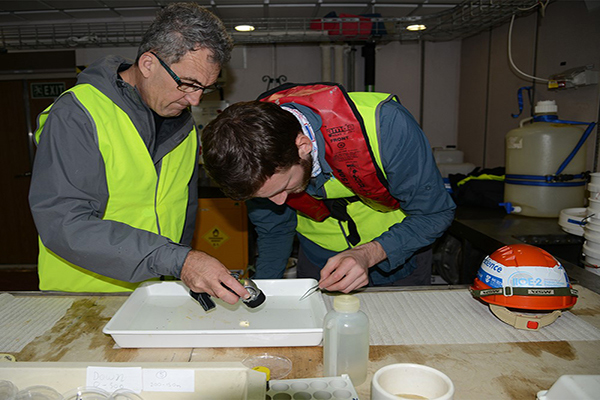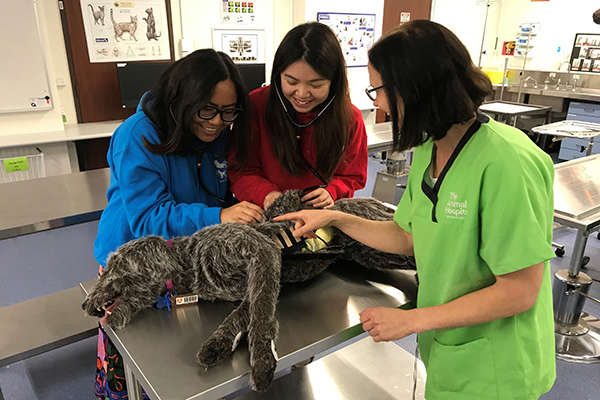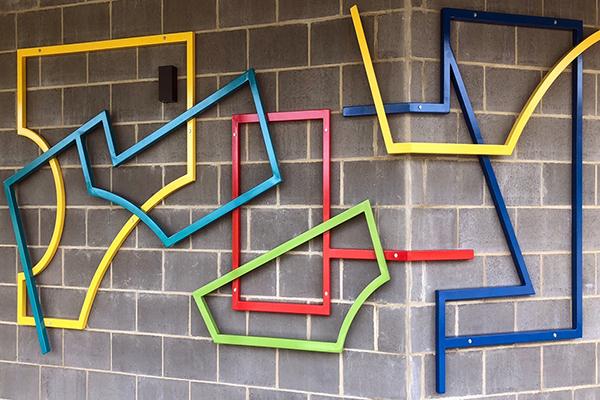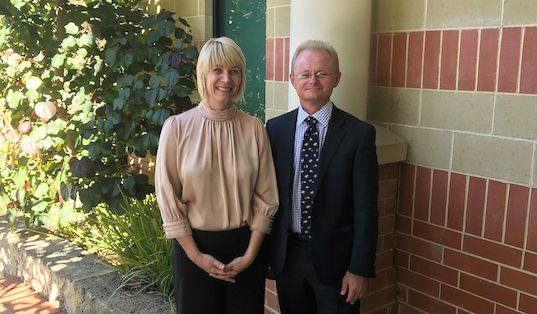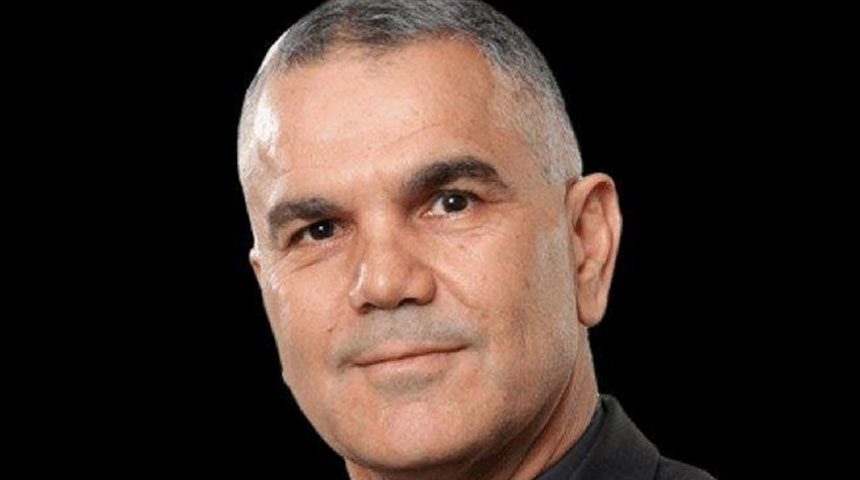
Dr. Chris Sarra, an esteemed Australian educator and leader, has left an indelible mark on the landscape of Indigenous education.
Born as the youngest of ten children in Bundaberg, Queensland, Dr Sarra's journey has been characterized by an unwavering commitment to transforming the educational experiences and outcomes for Aboriginal and Torres Strait Islander students.
One of Dr Sarra's most noteworthy achievements is his pivotal role as the Founding Chairman of the Stronger Smarter Institute, established in 2005. This institute is dedicated to enhancing educational outcomes for Indigenous students by challenging negative stereotypes and fostering high expectations of success. Under Dr. Sarra's leadership, the Stronger Smarter approach has empowered educators to create positive and inclusive learning environments that promote cultural understanding, self-belief, and academic excellence.
Before his involvement with the Stronger Smarter Institute, Dr. Sarra (PhD Psychology 2005) served as the Principal of Cherbourg State School in Queensland. His tenure at the school oversaw remarkable success, with significant improvements in attendance rates, student behaviour, and academic achievements. The innovative approach employed by Dr. Sarra, emphasizing cultural identity, high expectations, and genuine partnerships with families and communities, gained national and international recognition.
In his role as the Principal of Cherbourg State School, Dr. Sarra implemented a holistic approach to education that transcended traditional models. By placing a strong emphasis on cultural identity, he aimed to create an environment where Indigenous students felt a profound sense of belonging and pride in their heritage. This approach was not only innovative but also effective, as evidenced by the notable improvements in attendance rates and academic achievements under his leadership.
Recognition for Dr. Sarra's exceptional contributions to education came in the form of numerous awards and accolades. In 2004, he was named Suncorp’s Queenslander of the Year, a testament to the widespread acknowledgment of his transformative work. In 2010, Dr. Sarra received the prestigious titles of Queensland's Australian of the Year and the Australian Council for Educational Leaders' Gold Medal Award. His outstanding work in Aboriginal and Torres Strait Islander education was further acknowledged with the Deadly Award for Outstanding Achievement.
Dr. Sarra's influence extends far beyond the borders of Australia. He has served as a consultant and presenter for educational organisations and conferences worldwide, sharing his expertise and insights on educational reform and Indigenous education. His revolutionary ideas and approaches have inspired educators, policymakers, and community leaders globally to reconsider traditional educational models and embrace culturally responsive and empowering practices.
Beyond his contributions to education, Dr. Sarra is also a distinguished author, with his book "Good Morning, Mr. Sarra: My Life Working for a Stronger, Smarter Future for Our Children" receiving critical acclaim. His current role is Director General of Queensland’s Department of Agriculture and Fisheries. Through his writings and public speaking engagements, he continues to advocate for educational equality and social justice.
Dr Sarra's contributions to the community have had a lasting and profound impact. His dedication to empowering Indigenous individuals and communities, promoting social justice, and fostering reconciliation has helped create a more inclusive and equitable society.
Q&A with Dr Sarra
